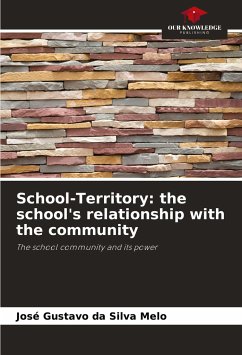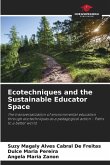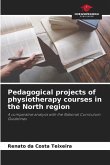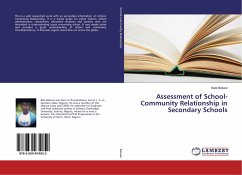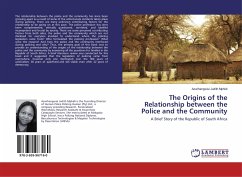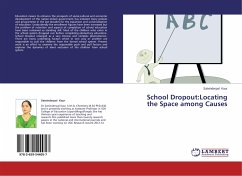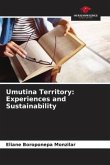The study was concerned with analyzing the relationship between the school and the territory, in order to identify the mediations and participation of the subjects in the construction of territorialization at the Beato Eugênio Mazenod Municipal School and its community. The aim is to contribute elements for future evaluations of the object of study. The school works with participatory management, in which everyone in the school community takes part in decisions and actions. Mazenod's elementary school has made progress in recent years and can be considered one of the best in the city of Recife. As far as the research is concerned, at first, the school transmits capitalist culture, where knowledge is based on the interests of the middle class, but implicitly. However, this elite does not play a direct role in the functioning of the school, nor in the appropriation of its territory; this function is carried out by the state, which defines itself as a "mediator" of the interests of the dominant class. In a second moment, the school analyzed is an example of these institutions, which through their ability to transform the territory, appropriate and incorporate their culture, through the specificities of the space.
Bitte wählen Sie Ihr Anliegen aus.
Rechnungen
Retourenschein anfordern
Bestellstatus
Storno

